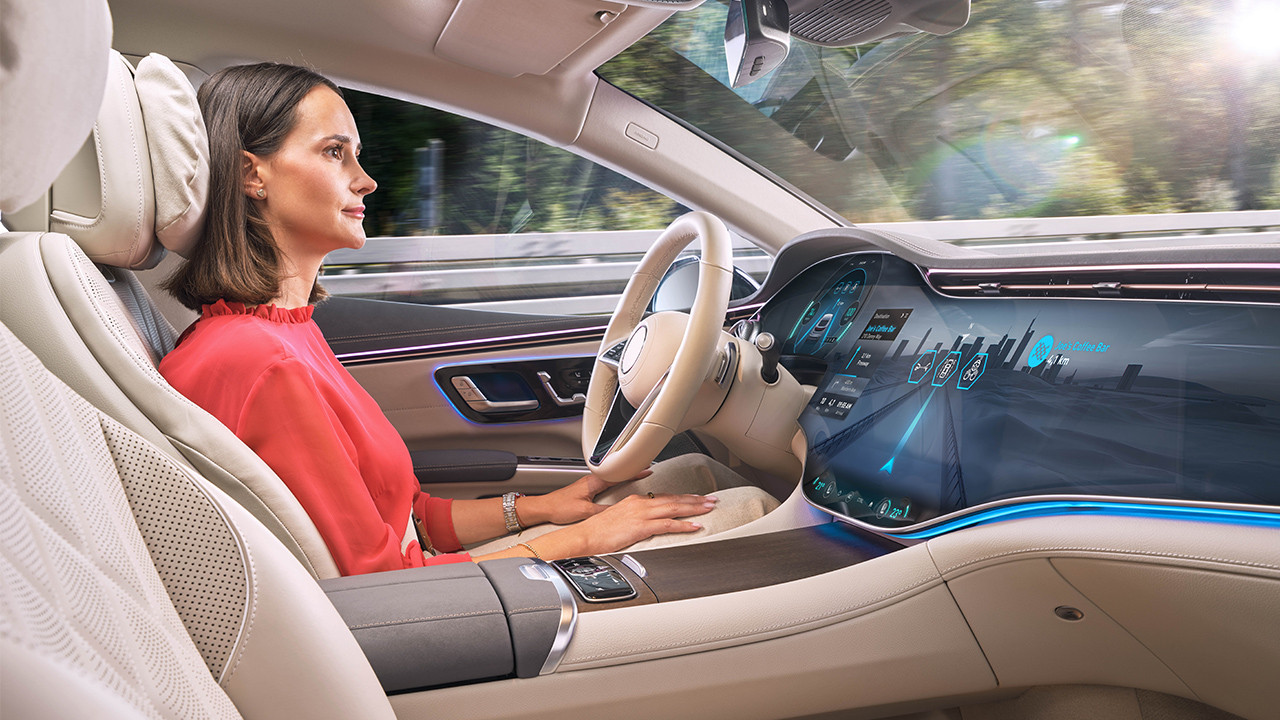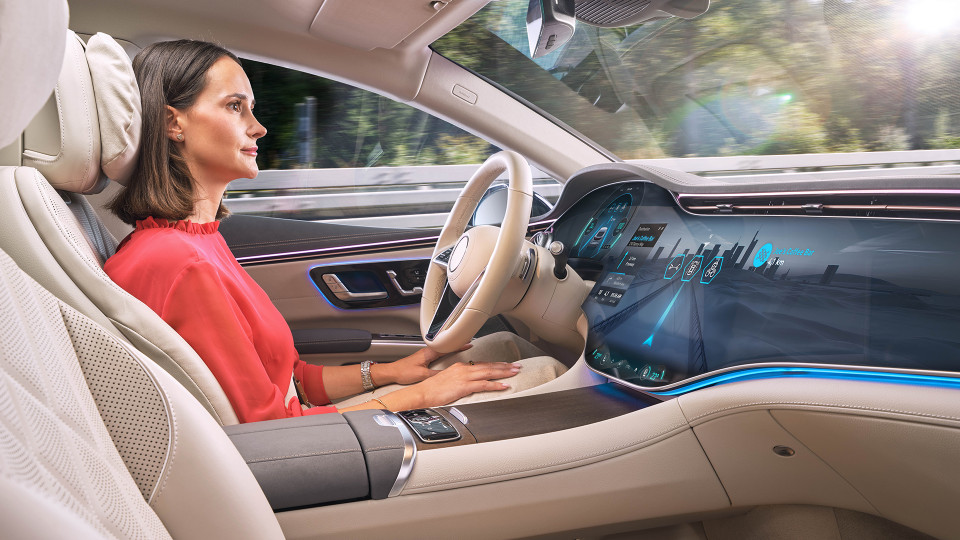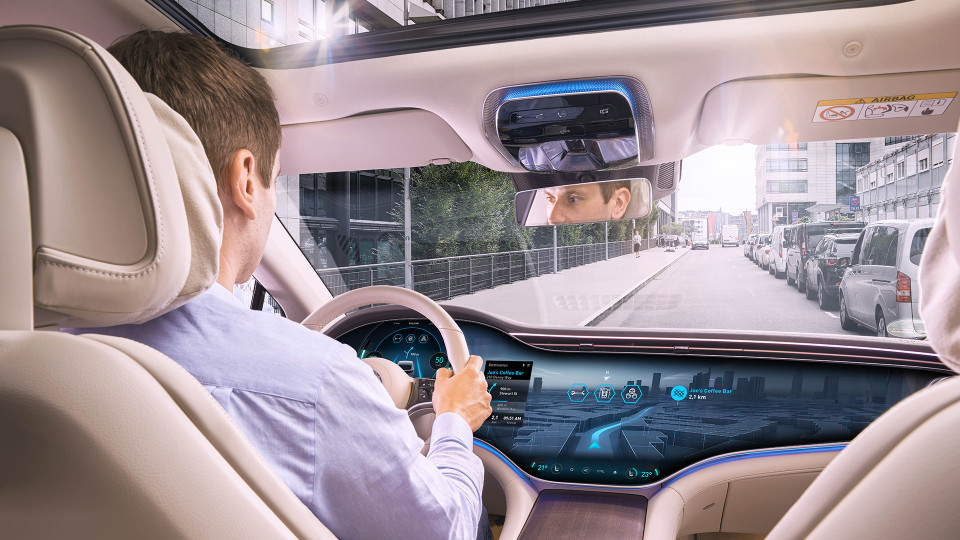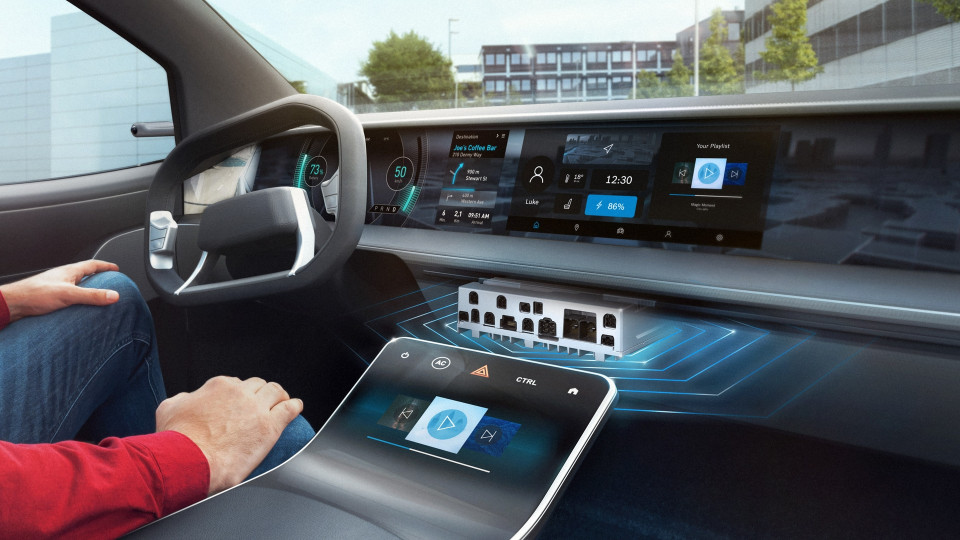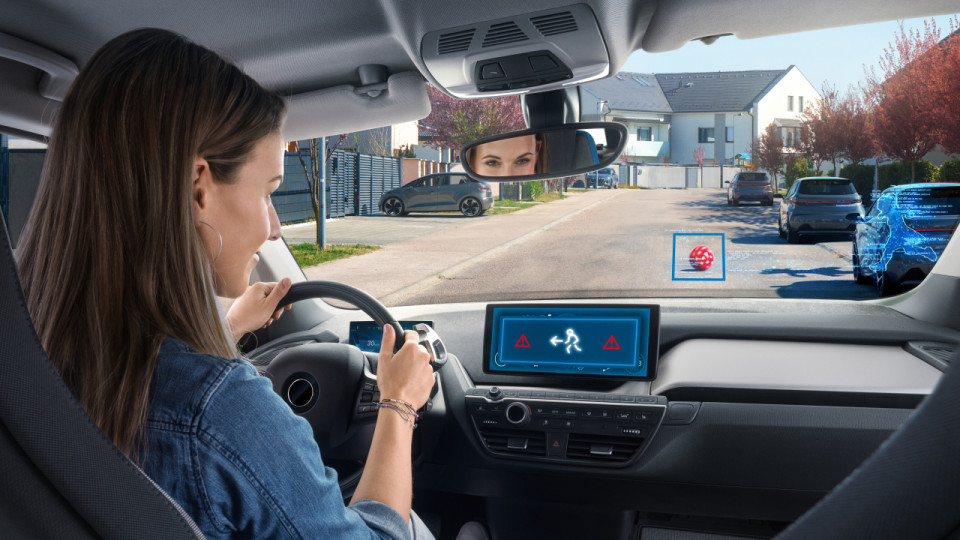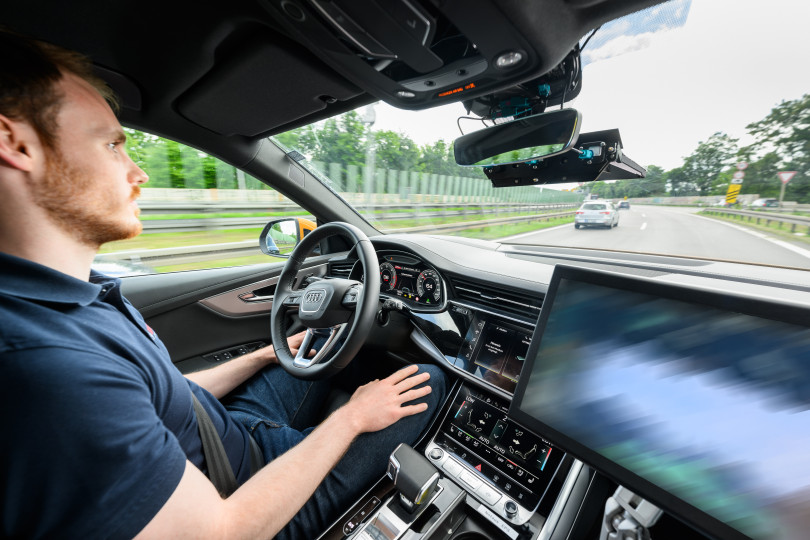Stuttgart (Germany) – Bosch has introduced a new product portfolio in the fields of driver assistance and automated driving. The global technology company now offers software and hardware solutions that can be seamlessly adapted to specific market requirements and easily tailored to customer needs – including those of Chinese automakers.
Strategic milestones achieved in China
As the leading vehicle market, China goes its own way and is already thinking about cars more in terms of software. Bosch is heading in similar direction: the company is a technology leader in software-defined mobility. Bosch Mobility grew by 4.0 percent to around 15 billion euros in China last year, accounting for more than 80 percent of Bosch’s sales revenue in the country. The prospects for the company are good: over 65 percent of the new orders Bosch Mobility won there last year were in two areas of future importance: electrified powertrains and software-defined cars.
“Bosch is driving forward developments in China at high speed and successfully bringing them to market. This applies in particular to the areas of infotainment, driver assistance, and electromobility” said Stefan Hartung, chairman of the board of management of Robert Bosch GmbH.
Talk to your car: Bosch introduces AI cockpit, marking a new era in driving
The trend toward state-of-the-art software-defined cars goes hand in hand with the use of ever fewer, but more powerful vehicle computers. Bosch has now received its first customer order for just such a high-performance computer in China, which will be used to create a cockpit featuring artificial intelligence (AI cockpit). The striking thing is that, thanks to the AI cockpit, the driver can talk to the vehicle in a completely natural way and interact with it as if it were a human being. Production of Bosch’s AI cockpit solutions will start this year.
Bosch’s portfolio for the new software-defined cars also includes a flexible modular system for driver assistance functions. The company’s ADAS product family of advanced driver assistance systems enables manufacturers worldwide to bring such functions to the mass market faster and more cost-effectively.
Bosch has already acquired half a dozen new customers in China for the ADAS product family for mid- and high segment, including BAIC, Dongfeng and Jetour. With the Bosch ADAS product family, automakers can choose between three preconfigured variants and then quickly integrate them into their production vehicles. The pre-configured variants cover all vehicle segments from entry-level and mid-size cars to premium vehicles. Artificial intelligence can be found throughout the Bosch ADAS product family. Bosch uses it, for example, for perception and driving planning. Thanks to AI, the vehicle thinks ahead, pays attention to what other road users might be doing. Certain versions of the new ADAS are equipped with a 360-degree video belt and exceptional computing power, enabling them to handle urban traffic, roundabouts, and – where legally permitted – even hands-free driving.
Brake-by-wire, steer-by-wire: innovative Bosch solutions in China
The software-defined mobility of the future calls for a hardware rethink, too. With Bosch’s newest brake-by-wire, redundant signal lines transmit the driver’s braking request electrically. This technology completely eliminates the mechanical connection from the pedal to the rest of the braking system. In addition to its hydraulic solution, Bosch is also developing a purely electromechanical system.
The shift toward software-defined mobility calls for new approaches to steering as well. With steer-by-wire, electrical cables replace the mechanical connection between the steering column and steering mechanism. The joint venture Bosch Huayu Steering Systems has already been able to win over three Chinese manufacturers for its new steer-by-wire system. Production is expected to start this year.
Demand for fuel-cell propulsion is also growing in the Far East
Bosch’s electric axle drive, e-axle, is particularly popular in China. This is a complete solution comprising an electric motor, power electronics, and transmission. Besides this, in the commercial vehicle segment Bosch is meeting increasing numbers of customer requests for its mobile fuel-cell power module and has already delivered several thousand of these modules in China.
Mónika Hack
+36 70 510 5516
Bosch has been present in Hungary since 1898 with its products. After its re-establishment as a regional trading company in 1991, Bosch has grown into one of Hungary’s largest foreign industrial employers with currently eight subsidiaries. In fiscal 2023 it had total net sales of 2.207 billion forints and consolidated sales to third parties on the Hungarian market of 343 billion forints. The Bosch Group in Hungary employs more than 18,300 associates (as of December 31, 2023). Figures of fiscal 2024 of the Bosch Group in Hungary will be published on May 29, 2025. In addition to its manufacturing, commercial and development business, Bosch has a network of sales and service operations that covers the entire country.
The Bosch Group is a leading global supplier of technology and services. It employs roughly 418,000 associates worldwide (as of December 31, 2024). The company generated sales of 90.3 billion euros in 2024. Its operations are divided into four business sectors: Mobility, Industrial Technology, Consumer Goods, and Energy and Building Technology. With its business activities, the company aims to use technology to help shape universal trends such as automation, electrification, digitalization, connectivity, and an orientation to sustainability. In this context, Bosch’s broad diversification across regions and industries strengthens its innovativeness and robustness. Bosch uses its proven expertise in sensor technology, software, and services to offer customers cross-domain solutions from a single source. It also applies its expertise in connectivity and artificial intelligence in order to develop and manufacture user-friendly, sustainable products. With technology that is “Invented for life,” Bosch wants to help improve quality of life and conserve natural resources. The Bosch Group comprises Robert Bosch GmbH and its roughly 490 subsidiary and regional companies in over 60 countries. Including sales and service partners, Bosch’s global manufacturing, engineering, and sales network covers nearly every country in the world. Bosch’s innovative strength is key to the company’s further development. At 136 locations across the globe, Bosch employs some 87,000 associates in research and development.
The company was set up in Stuttgart in 1886 by Robert Bosch (1861–1942) as “Workshop for Precision Mechanics and Electrical Engineering.” The special ownership structure of Robert Bosch GmbH guarantees the entrepreneurial freedom of the Bosch Group, making it possible for the company to plan over the long term and to undertake significant upfront investments in the safeguarding of its future. Ninety-four percent of the share capital of Robert Bosch GmbH is held by Robert Bosch Stiftung GmbH, a limited liability company with a charitable purpose. The remaining shares are held by Robert Bosch GmbH and by a corporation owned by the Bosch family. The majority of voting rights are held by Robert Bosch Industrietreuhand KG. It is entrusted with the task of safeguarding the company’s long-term existence and in particular its financial independence – in line with the mission handed down in the will of the company’s founder, Robert Bosch.
Additional information is available online at www.bosch.hu, iot.boschblog.hu, www.bosch.com, www.iot.bosch.com, www.bosch-press.com, www.twitter.com/BoschPresse

